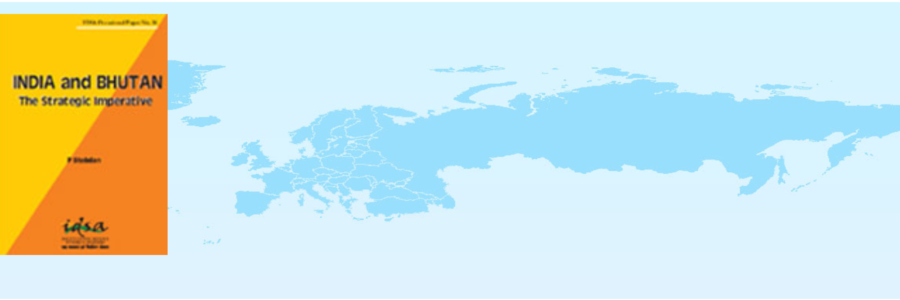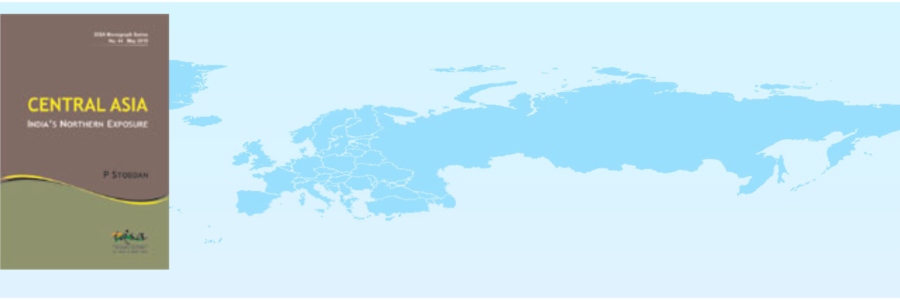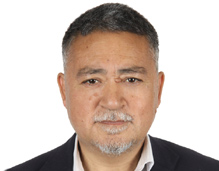Is Russian ready to face the Afghan fallouts?
Russia seems both happy as well as worried about US withdrawal from Afghanistan. Concerns about Central Asian security apart, now with the sectarian strife in West Asia flaring up, the Russian anxieties would heighten about possible spread of ISIS type assertion along its southern belt.
- P. Stobdan
- August 05, 2014














